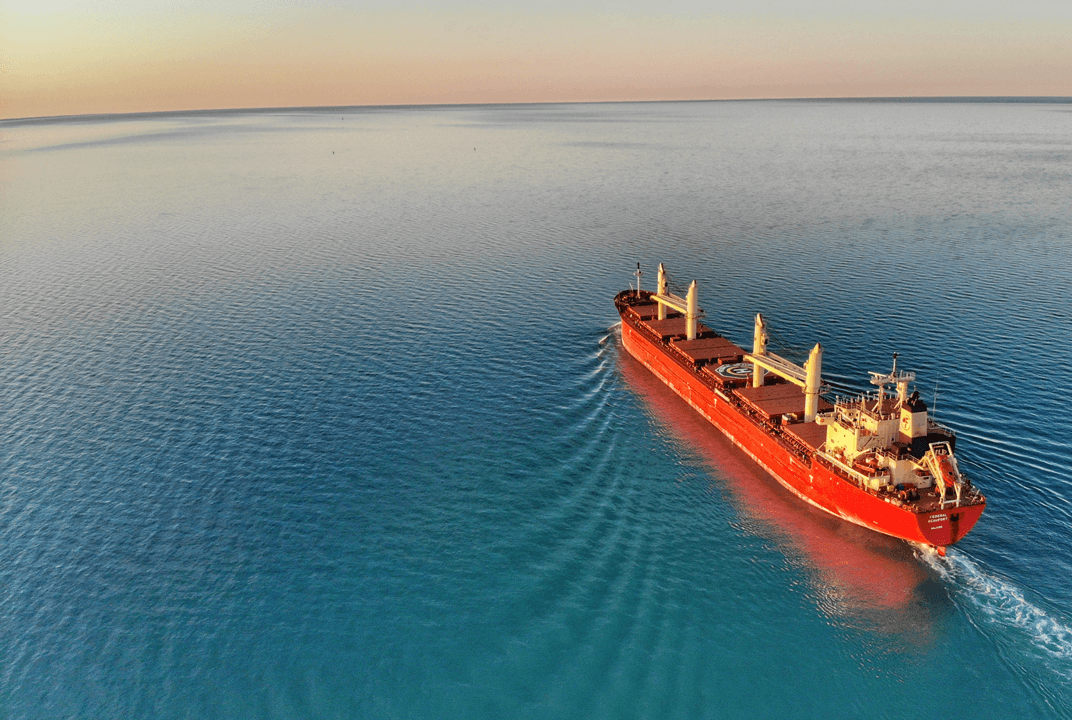How to ride the wave of digitalisation
Inmarsat welcomed over 400 maritime industry delegates to three seminars looking at the impact digitalisation is having on the way shipping companies operate, stay secure, and protect their workforce.
Held as part of London International Shipping Week (LISW), for which Inmarsat was diamond sponsor, the sessions were designed to open up debate on critical issues and provide operators with the insight they need to survive and thrive in the digital age.
Ronald Spithout, President of Inmarsat Maritime, said: “The number of delegates who attended the seminars demonstrates there is a real energy building up in the maritime industry around digitalisation.
Transformational change
“Shipping companies want to find out more about the opportunities for transformational change through adoption of digital technologies, but are also becoming increasingly conscious of the risks posed by poor cyber security.
“We would like to thank all of our external speakers who provided so much expert insight into the rewards and challenges that lie ahead.”
In the keynote presentation at the Digital Disruption seminar on 12 September, renowned futurist Gerd Leonhard stressed that the shipping industry had reached a pivot point where hyperconnectivity and the Internet of Things were primed to change everything. In a traditionally closed world, some would struggle to make the transition, he warned – the future belongs to those who observe, understand, and have imagination.
What’s next?
The session also included a lively panel discussion, moderated by Tradewinds editor-in-chief Julian Bray, where Inmarsat Maritime President Ronald Spithout; Lloyd’s Register VP Digital Commercialisation David Ryder; Carl Henrickson, General Manager of Shipping and Maritime for Shell; and Alexander Varvarenko, CEO of Varamar Group, attempted to answer the question, Will ship owners and managers really adopt technology?
The cyber security seminar on 13 September saw the launch of the UK’s Code of Practice on Cyber Security for Ships by Transport Minister Lord Callanan, and the unveiling of Fleet Secure, Inmarsat’s fully-managed Unified Threat Management (UTM) and monitoring service for Fleet Xpress.
Keynote speaker Kate Adamson, CEO of Futurenautics, painted a compelling picture of the scale of change in digital transformation – and the size of the attendant risk. Companies had to move now to identify their critical data and protect it, she said. Key to this was ensuring that everyone understood their responsibility as individuals – something that research shows is currently far from the case, with the 2017 Futurenautics Crew Connectivity Survey revealing that 87% of vessel officers have received no cyber security training, and only 58% of shipping companies have a cyber security policy.
Criminal mind
The session included a look at the work of the government’s National Cyber Security Centre, and a chilling insight into the way cyber criminals operate from Andy Davis of cyber security and risk mitigation experts NCC Group.
The LISW events also included a briefing for organisations involved in maritime safety on the evolution of Inmarsat safety services and the future of the Global Maritime Distress and Safety System (GMDSS). Critical to this is the launch of Inmarsat’s new generation international broadcast and automatic reception service for maritime safety information (MSI), SafetyNET II, which enables the delivery of enhanced Search and Rescue (SAR) services.
It also means Maritime Rescue Coordination Centres worldwide can move to web-based safety-related messaging, such as weather forecasts, navigation warnings and piracy alerts.

